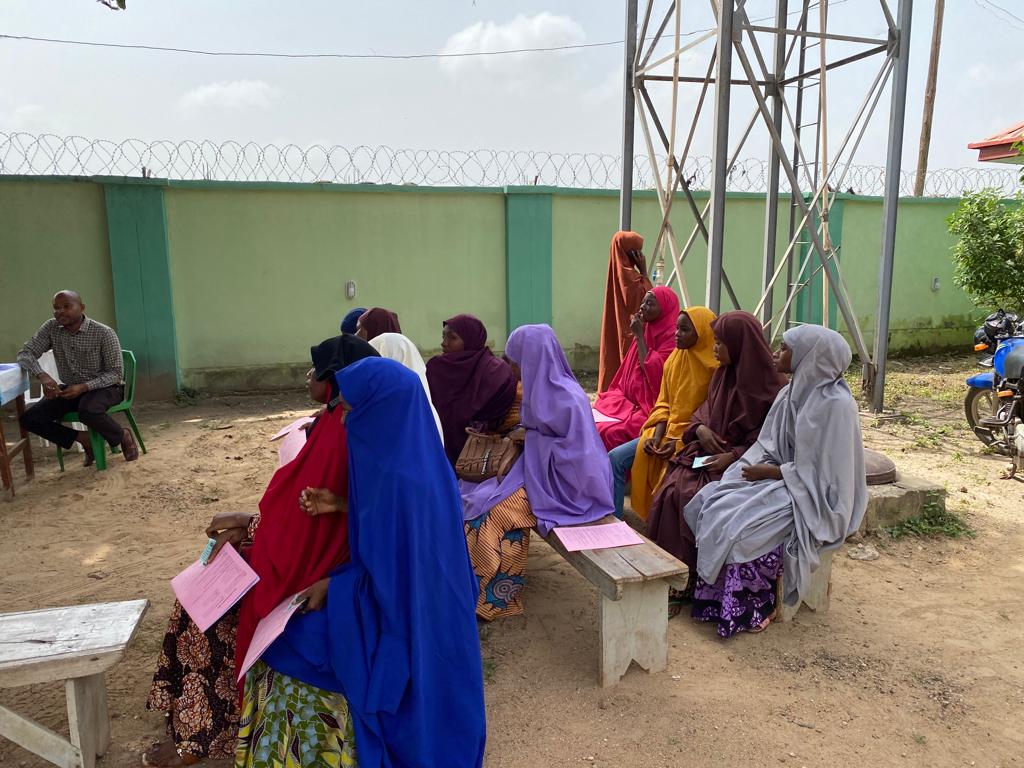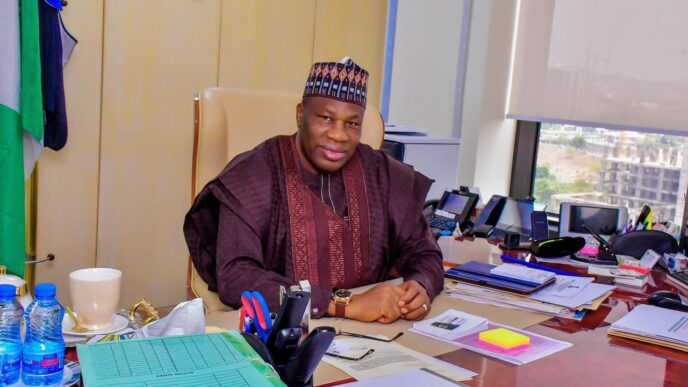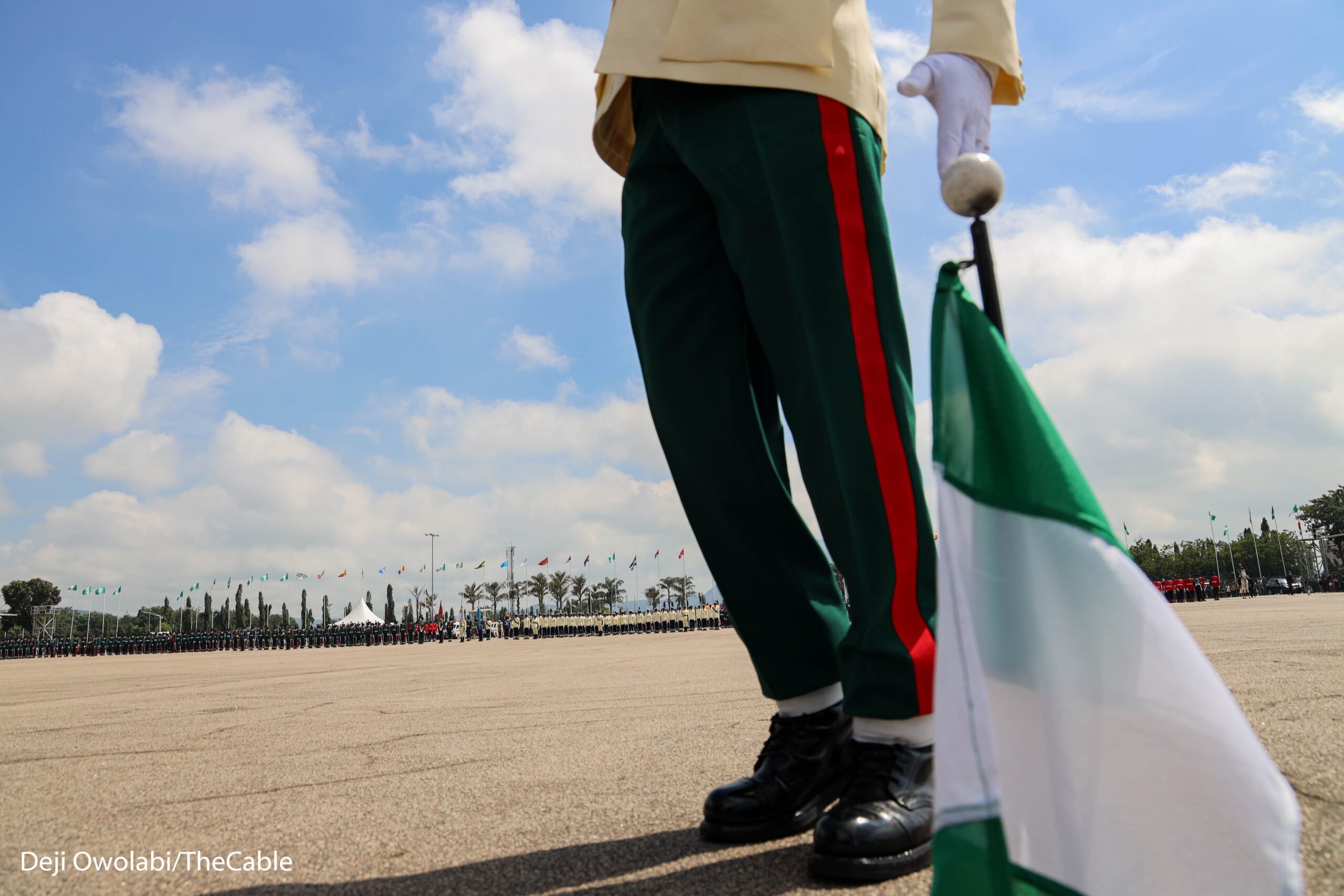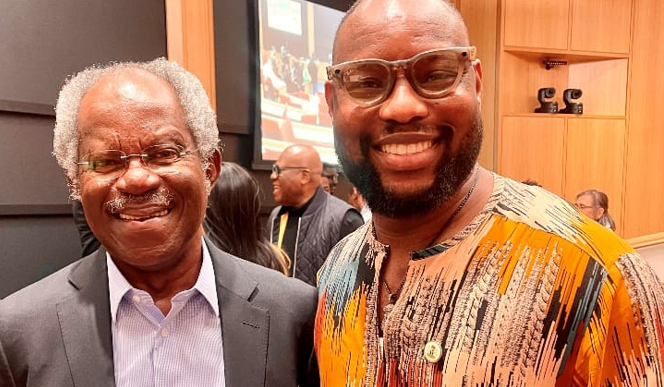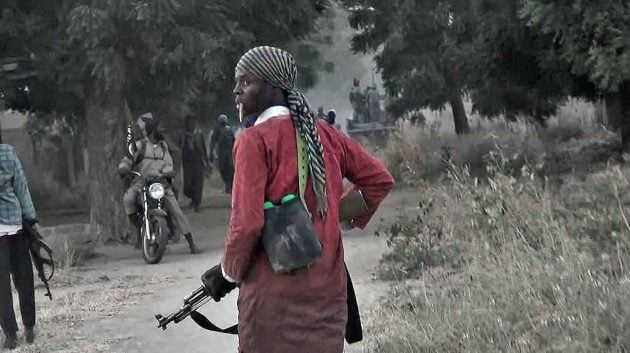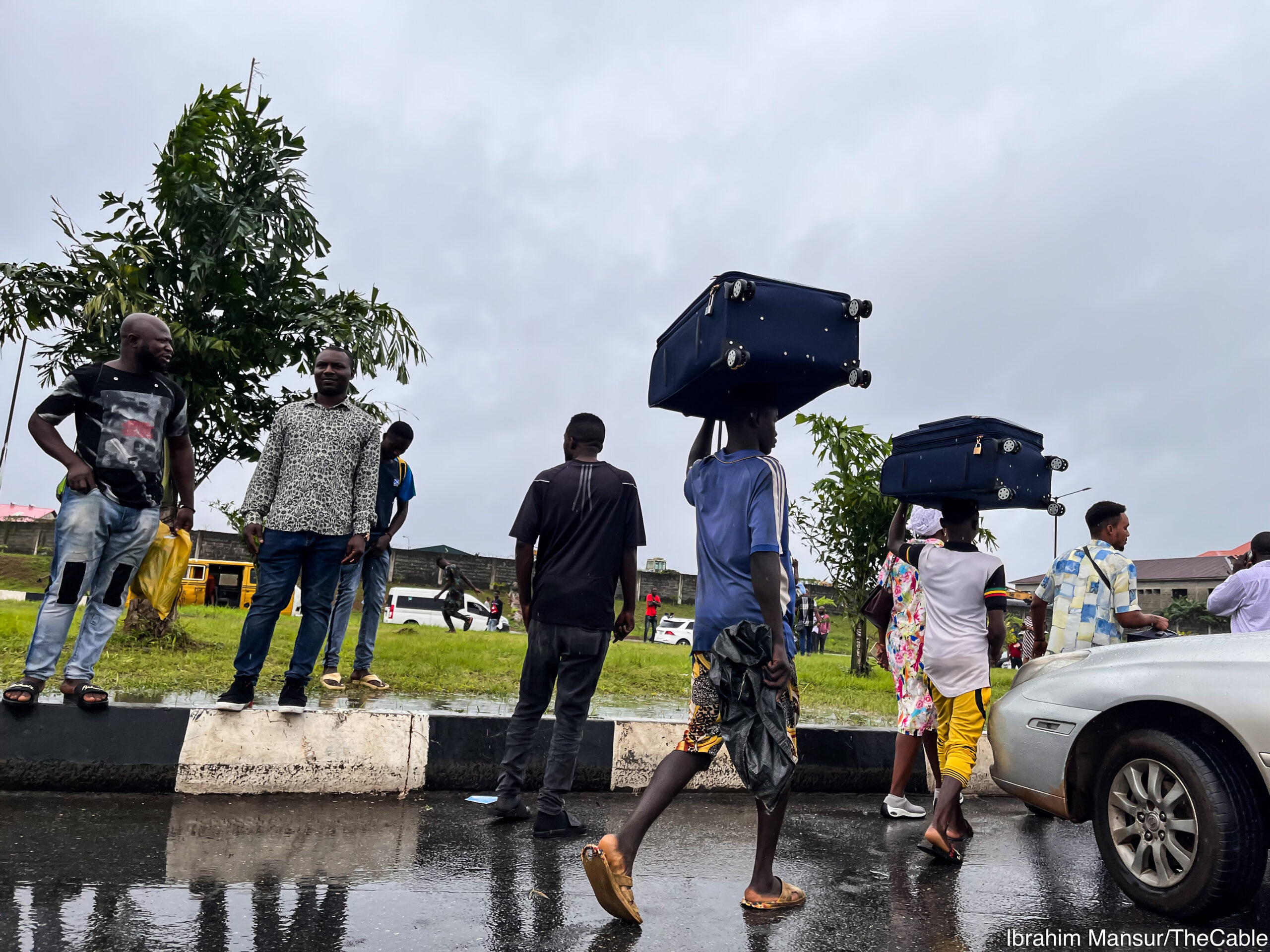BY MICHAEL ISAAC
Across the West African country of Nigeria, the intersection of drug use, gender, and health presents a complex public health challenge. With these challanges, arises the need for several initiatives targeted with concise and actionable solutions and the RIHHWUD initiative [Reducing the incidence of HIV and Hepitaits among Women who Use Drugs] in Kaduna State emerges as a pioneering effort to address the unique vulnerabilities of women who use drugs [WUD], aiming to reduce the incidence of HIV and hepatitis among this marginalised group.
The RIHHWUD initiative is a strategic partnership between the Kaduna State Bureau for Substance Abuse Prevention and Treatment (KADBUSA), the Society for Family Health (SFH), and the Kaduna State Primary Healthcare Board, with the visionary leadership and people-centric governance of His Excellency, Senator (Dr) Uba Sani laying the foundation for its success.
Undoubtedly, the state’s commitment to health equity and inclusive development has positioned Kaduna as a national leader in progressive healthcare interventions. On the other hand, Governor Uba Sani’s support of harm reduction frameworks signals a crucial shift in how Nigeria addresses the intersections of drug use, gender, and public health.
Understanding the scope of the problem
Nigeria has one of the highest rates of drug use globally, with approximately 14.3 million people aged 15 to 64 years reported to have used drugs in 2018, representing a prevalence of 14.4%, which is more than twice the global average of 5.6% . Among these, women constitute a significant proportion, yet they remain underrepresented in treatment programs. The UNODC notes that while one in four drug users in Nigeria is a woman, less than 5% of those in treatment for drug use are women.
Advertisement
The health implications are dire. HIV prevalence among people who inject drugs (PWID) in Nigeria was 3.4% in 2017. However, women who inject drugs are particularly affected, with a prevalence of 13.9% compared to 2.6% among men. Female sex workers who inject drugs face the highest HIV prevalence at around 43%.
RIHHWUD: A targeted response
The RIHHWUD initiative, funded under the ViiV RIHHWUD grant and launched in April 2025, seeks to address these disparities by providing comprehensive, gender-sensitive harm reduction services. The program aims to reach up to 1,000 women across 10 Local Government Areas (LGAs) and 50 communities in Kaduna State.
Key services include:
Advertisement
- HIV, Hepatitis B & C, and STI testing and treatment
- Needle and Syringe Exchange Programs (NSPs)
- Sexual and Reproductive Health (SRH) services
- Mental health and psychosocial support
- Drug abuse treatment referrals
- Skill acquisition and empowerment training
These services are designed to be accessible and responsive to the specific needs of women who use drugs, acknowledging the compounded challenges they face, including higher rates of stigma, limited access to treatment, and increased risk of gender-based violence.
Addressing structural barriers
The initiative also recognises the importance of addressing systemic issues that hinder effective intervention. Legal and policy frameworks in Nigeria often criminalise drug use, sex work, and homosexuality, creating significant barriers to accessing health services for marginalised populations. By engaging stakeholders, including law enforcement, traditional leaders, NGOs, and networks of WUDs, RIHHWUD aims to reduce stigma, promote harm reduction policies, and foster a more supportive environment for women seeking help.
Data-driven implementation
A robust Monitoring and Evaluation (M&E) framework underpins the initiative, utilising community-level data collection tools and regular supervision. This includes monthly reporting of service uptake and impact, annual Data Quality Assurance (DQA) exercises, and continuous feedback loops from beneficiaries and field workers. Such data-driven approaches ensure that the program remains responsive and effective in meeting its objectives.
Collaborative efforts for sustainability
RIHHWUD leverages existing infrastructures funded by the Global Fund and PEPFAR, collaborating with stakeholders such as the Federal and State Ministries of Health, National Agency for the Control of AIDS (NACA), National Drug Law Enforcement Agency (NDLEA), and NGOs like Caritas Nigeria and APIN. By embedding the project into government structures and aligning with national policies, the initiative aims to create a lasting impact and foster ownership at the state and community levels.
Advertisement
Why this matters so much
Women who use drugs are often invisible in public health discourse. They face double stigma—for drug use and for being women—and are often excluded from conventional treatment services. This program explicitly centres their experiences, providing healthcare and support that acknowledges their unique risks and social realities. It evidently recognises the hidden epidemic, reduces the spread of diseases, disrupts the cycle of poverty and drug dependency, while also building a more inclusive health system by laying the groundwork for policy reform with a wide range of national and global implications that aim to protect the coming generation.
The RIHHWUD initiative represents a significant step forward in addressing the complex interplay of drug use, gender, and health in Nigeria. By providing targeted, comprehensive services and addressing structural barriers, the program offers a model for inclusive, effective public health interventions.
Advertisement
Views expressed by contributors are strictly personal and not of TheCable.
